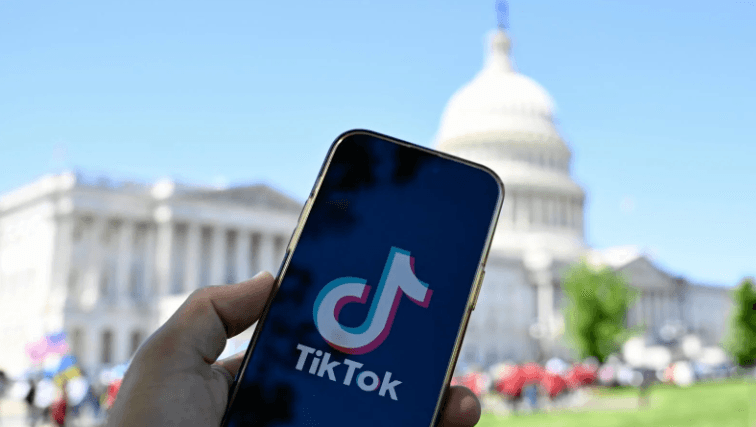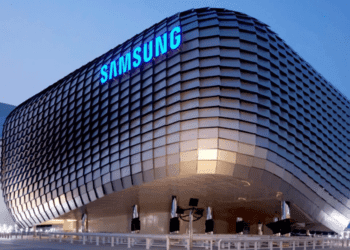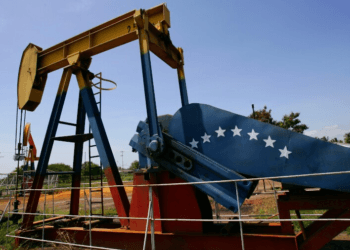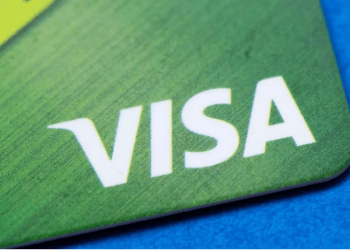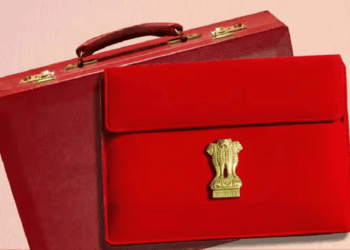Athira Sethu
Kochi, 18 January 2025
Last year, Congress passed a law demanding that ByteDance, the parent company of TikTok, sell the app or shut it down in the U.S. by January 19. The law was driven by concerns that TikTok could be used by China for spying or spreading propaganda.
The ban will not be enforced for now, White House officials said; it will rest in the lap of President-elect Donald Trump, who takes office a day later. Trump told reporters that he had discussed TikTok with Chinese President Xi Jinping in a recent phone call.
Incoming national security advisor Mike Waltz said he will do everything possible to ensure TikTok does not completely shut down. He noted that the law does allow for an extension if there is a feasible deal under consideration, so it would give Trump more time to work something out. Waltz emphasized that data of users should be protected, yet the app has to keep functioning.
Senate Democratic Leader Chuck Schumer also called for a delay, this time arguing that the need for an American buyer was imperative. He noted that banning TikTok would disrupt the lives of millions of users, especially influencers who rely on the platform for their livelihood.
If the ban goes through, Apple and Google would have to remove TikTok from their app stores, meaning no new downloads. TikTok’s lawyer, Noel Francisco, said the app could go dark if the ban isn’t blocked, and reports indicate the company is preparing for a possible suspension in the U.S.
TikTok has been aggressively lobbying to try to stop the ban. The company’s CEO, Shou Chew, is expected to attend Trump’s inauguration with the hope that this will somehow influence the outcome. Meanwhile, Trump’s team is looking into options for delaying or dodging the ban altogether, since TikTok has been a good platform for his campaign to connect with supporters.
For now, TikTok’s future in the U.S. is uncertain, because it continues to be debated for user privacy, national security, and the app’s bearing on millions of Americans.













